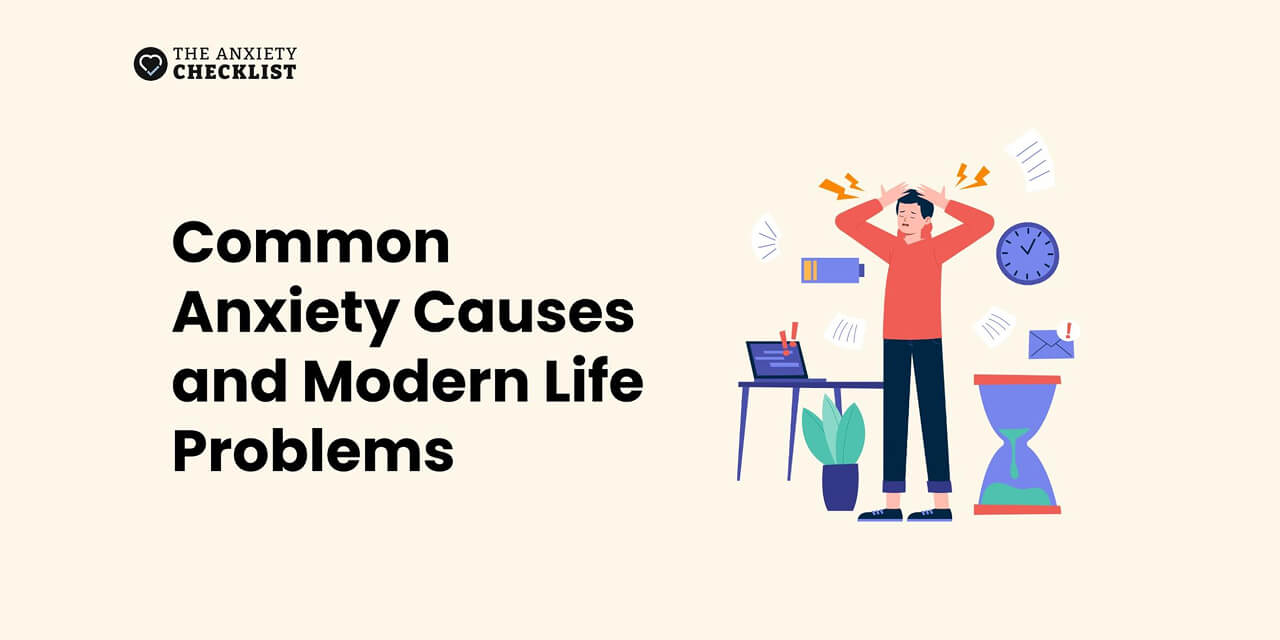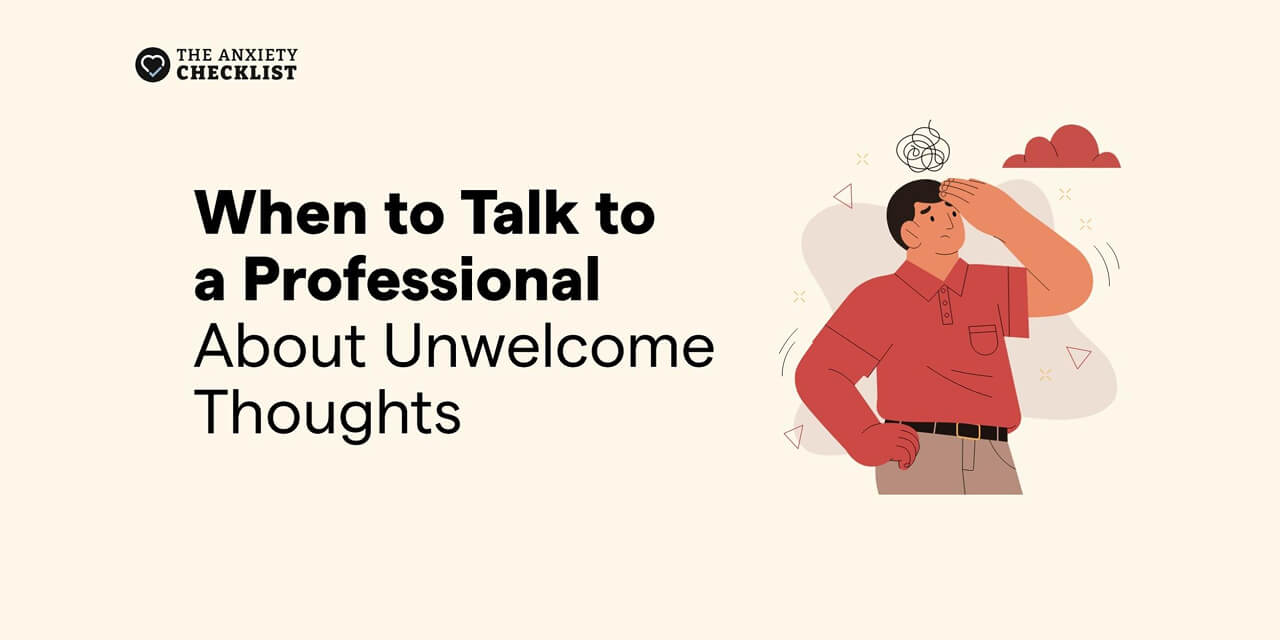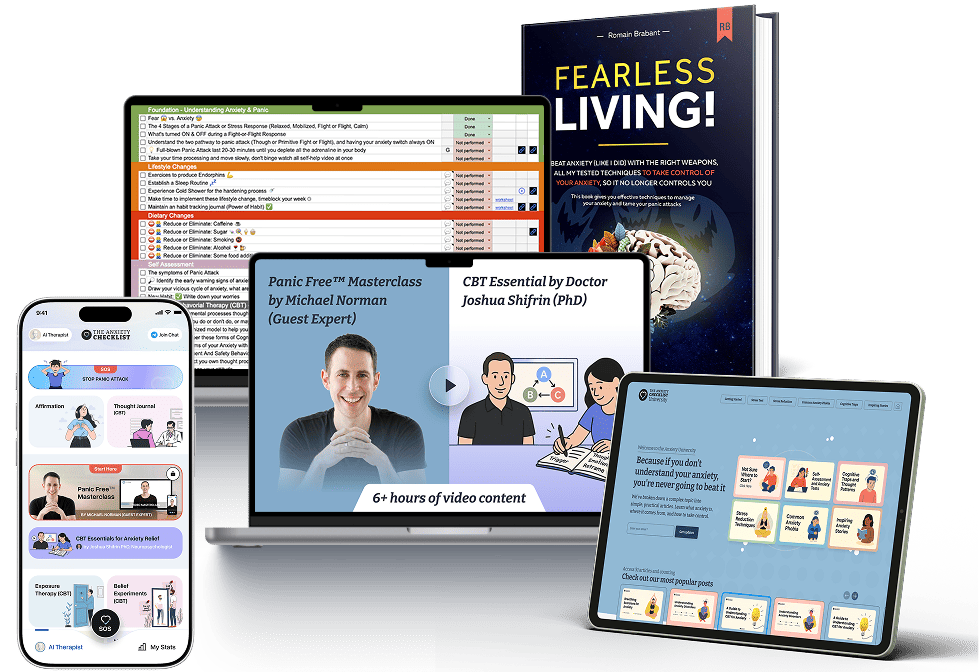When anxiety hits, do you know what to do next?
Learn how to calm your body, interrupt fear loops, and regain control step by step.
What is Anxiety?
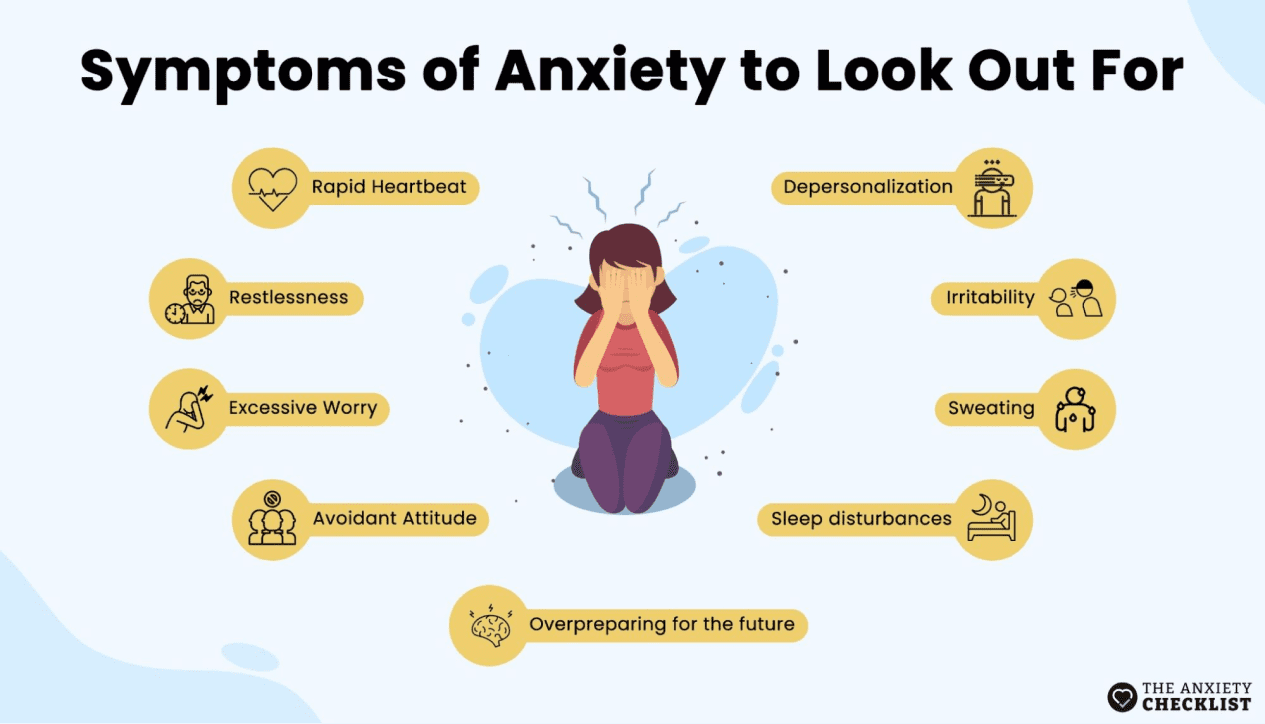
Conditions like generalized anxiety disorder (GAD), panic disorder, social anxiety disorder, and specific phobias all fall under this umbrella.
You can take an anxiety test or consult a psychiatrist for anxiety to see where you stand.
What Are the Common Anxiety Causes?
The common anxiety causes vary from person to person. They can operate in isolation or complex combinations, some rooted in past experiences, others triggered by present circumstances.
By exploring these common anxiety causes, we can begin to untangle the web of anxiety disorders. You’ll recognize that while each person’s journey is unique, many share similar starting points.
1. When the Past Won’t Let Go
Research has shown that when children or teens experience trauma, it can result in different mental problems, including anxiety and depression.
Such negative experiences can also interfere with their adult life, increasing the chances of developing social anxiety disorder.
These experiences can be accidents, chronic illness, abuse, neglect, bullying, natural disaster, loss, or witnessing violence.
You can get help through cognitive behavioral therapy, exposure therapy, and making lifestyle changes, such as exercising and meditation.
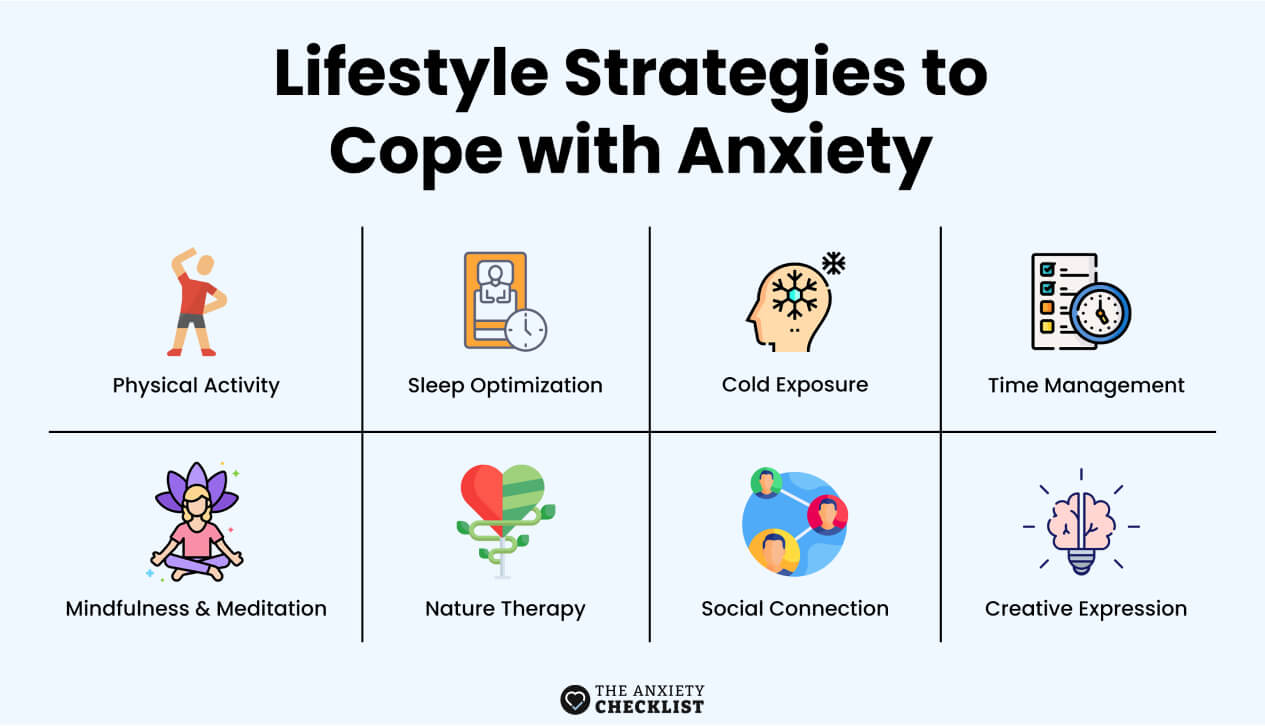
2. Growing Up Without Emotional Support
Growing up in a household where emotional needs are overlooked or invalidated is one of the common anxiety causes that often go unrecognized.
Emotionally immature parents are self-preoccupied and easily overwhelmed by emotions. Children might learn to suppress feelings to avoid upsetting or burdening their parents.
Recognizing this pattern doesn’t mean you should blame your parents. Instead, you should take small steps towards healing.
These include journaling your emotions, practicing breathing exercises when tension builds up, and speaking positive mental health affirmations.
3. Gut Health Imbalance
Your gut produces neurotransmitters like serotonin, dopamine, and GABA (gamma-aminobutyric acid). These chemicals are associated with mood, appetite, sleep, motivation, and stress reduction.
In a recent study (2024), Sharma found that gut microbiome imbalance (dysbiosis) can impair the production of neurotransmitters, leading to mood disorders like anxiety.
Gut health, as one of the common causes of anxiety, may seem complicated. However, another study linked poor diet with dysbiosis and an increased risk of developing anxiety (Kumar et al, 2023).
However, studies have shown that prebiotic consumption can restore microbial balance and reduce anxiety symptoms (Tae and Kim, 2024; Nikel et al, 2025). Hence, the need to make dietary changes, such as reducing caffeine intake, sugar, and alcohol.
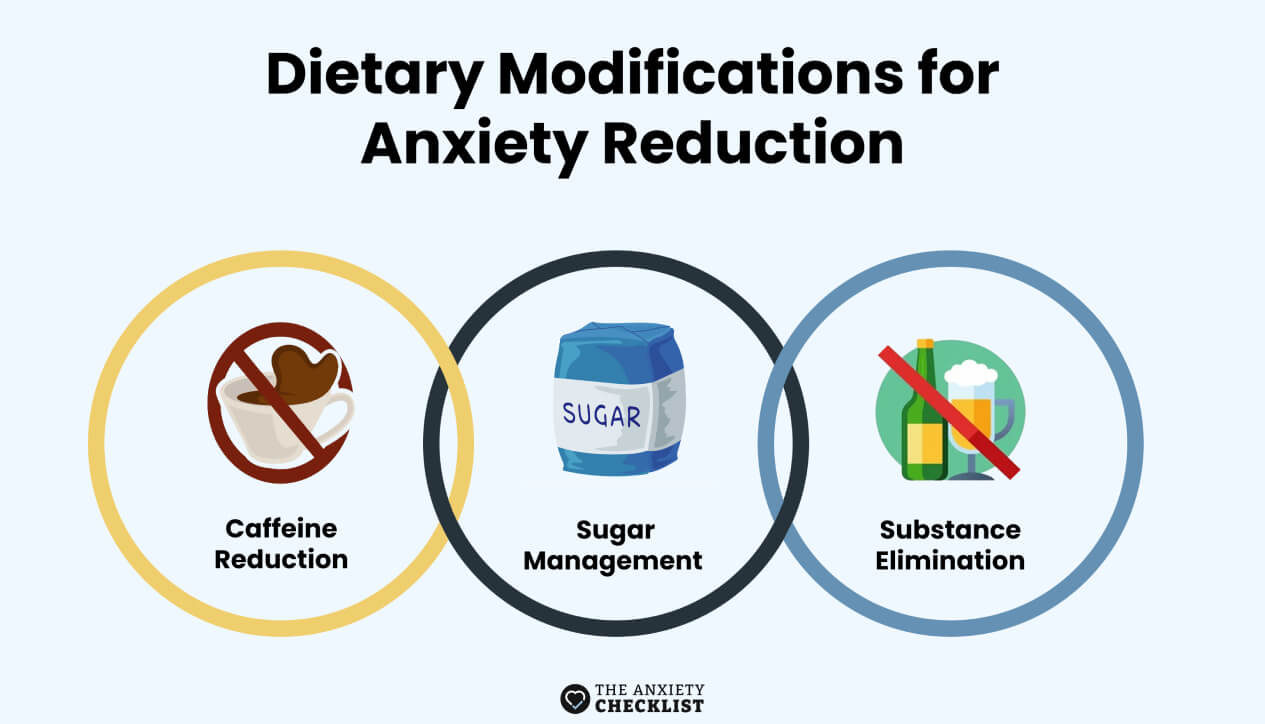
4. Long-Term Stress
Chronic stress is one of the common anxiety causes, arising from financial strain, caregiving responsibilities, or ongoing relationship conflicts.
Naturally, your body reacts to stress by releasing cortisol, a stress hormone. When the stressor reduces, it lowers your cortisol levels, returning your body to its normal functioning.
But when the stressor persists, it keeps your body in a continuous fight-or-flight state, which is hard to switch off, leaving you vulnerable to anxiety. Over time, chronic stress can disrupt your sleep, raise your blood pressure, and cloud your thinking.
If you recognize this as your trigger, creating space for rest, boundaries, and self-care can help you heal. You can also try naturopathic treatment using herbs like lavender.
5. Chronic Inflammation
Inflammation is your body’s natural defence against injury or infection. When it lingers for months or years, it can cause other health issues, including anxiety. That’s why chronic anxiety emerges among the critical, common anxiety causes.
Research has linked inflammation with irritability, fear, changes in appetite, and fatigue, which are symptoms of anxiety disorders.
You can address inflammation through nutritional changes, lifestyle adjustments, and medical support.
6. Living With Uncertainty
Whether it’s uncertainty about health, finances, relationships, or global events, your brain is constantly scanning for what could go wrong to make you feel safe.
But when uncertainty becomes overwhelming, it can quickly become one of the most common anxiety causes.
Although some uncertainty is unavoidable, strategies like grounding, mindfulness, and breathing exercises can help navigate the unknown with greater resilience.
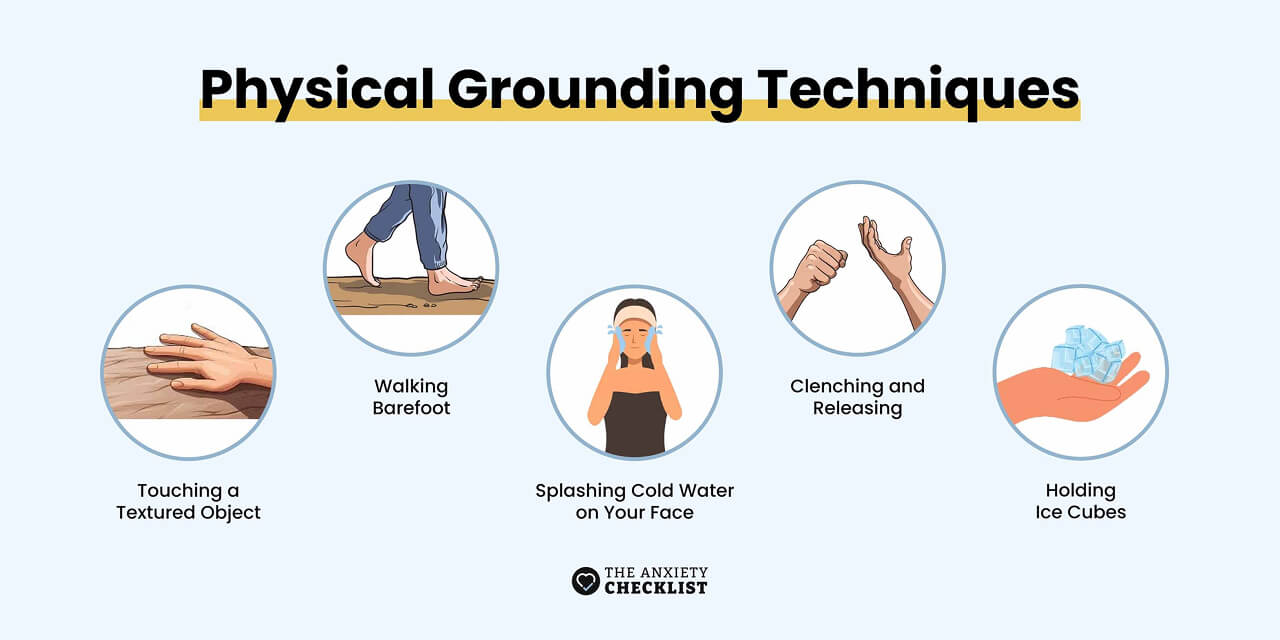
7. Negative Thinking Patterns
We all have an inner voice that interprets our experiences and shapes how we view ourselves and the world.
This self-talk can be overly critical (“I’m not good enough”) or self-defeating (“There’s no point trying”).
Over time, this distorted reality can reinforce fear, making anxiety inescapable. Recognizing negative private logic as one of the common anxiety causes is crucial.
However, you can break free from this mental loop through CBT, self-reflection, and reframing your thoughts with positive words.
8. Emotional Suppression
Some of us learned to suppress our emotions early, maybe to appear “strong”, avoid conflict, or meet external expectations. But emotions are signals, not weaknesses.
Dikshita and Naila (2024) linked emotion suppression to anxiety, insomnia, social dysfunction, and severe depression.
So you experience unexpressed sadness or anger lingering in the nervous system that can affect your mental health.
However, simple acts like talking with a trusted person or even leaning into the benefits of crying can also help release pent-up feelings.
9. Perfectionism and High Standards
Modern life comes with invisible benchmarks. They raise the success bar higher, making you feel like you’ve not done enough.
This has become one of the common anxiety causes, as people exhaust themselves trying to meet impossible ideals.
Research shows this phenomenon is worsening, with studies linking perfectionism and unrealistic self-expectations to heightened anxiety (Nahar and Sekhar, 2024).
You can break free from this trap by asking yourself: “Whose standard am I trying to meet?”
Instead of comparing yourself with others, set your own goals and live life one day at a time.
10. Caring Too Much
Empathy is a gift. It allows you to tune into others’ emotions, offer support, and feel deeply moved by their struggles.
However, empathy can quickly become one of the common anxiety causes when it becomes toxic.
At this point, you find it difficult to separate others’ problems from your own emotional state. Before you fall into the empathy trap, learn to balance things. Care deeply, but remind yourself: “This is not my burden to solve.”
11. Too Much Data Coming at You
We live in an age of endless information, from work emails, social media notifications, news alerts.
Staying informed is great, but the large volume of information the brain processes daily can be overwhelming. This makes information overload one of today’s common anxiety causes.
Research shows that endless information consumption can result in anxiety, confusion, and burnout (Shahrzadi et al, 2024). You can set boundaries by controlling what you consume and creating no-screen hours to let your mind reset.
12. Born with the Worry Gene
Extensive research has demonstrated that genetic factors play a significant role in mental health conditions, including anxiety disorders (Trang et al, 2024; Perich and Andriessen, 2024).
This doesn’t mean you’re destined to struggle, but it helps explain why some people feel overly worried even without obvious external triggers.
Also, the way you learn to respond to stress can deepen this biological tendency into generational trauma. By understanding genetics as one of the common anxiety causes, you can seek professional help and adopt helpful coping strategies.
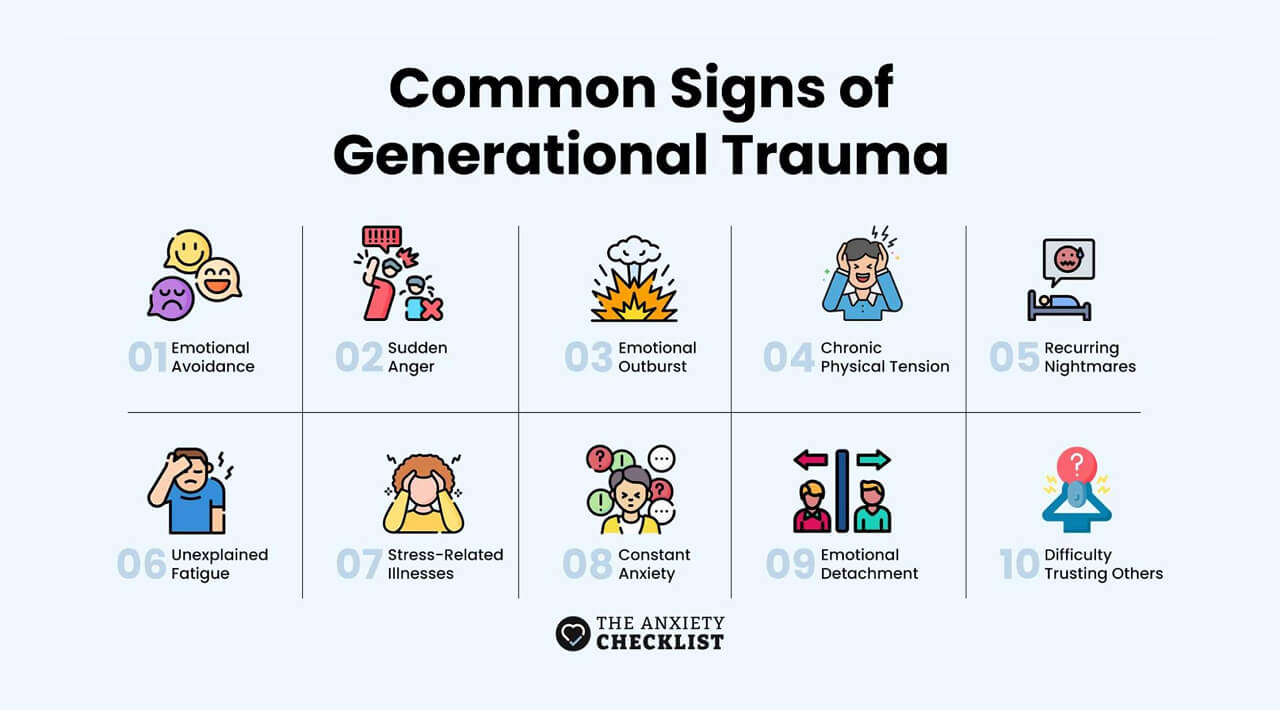
13. Hormonal Fluctuations
Among the many factors linked to mental well-being, hormones are often overlooked despite being one of the common anxiety causes.
Puberty, pregnancy, menstruation, menopause, or even thyroid issues can cause your hormones to fluctuate. These biological changes may alter your body’s chemistry, increasing sensitivity to stress or intensifying feelings of worry and restlessness.
Simple steps like stress reduction, healthy diet, or medical support can bring relief.
14. The Quick Fix Trap
Dopamine is a neurotransmitter that drives us to seek pleasure, focus on goals, and feel satisfaction. But modern life bombards us with instant dopamine hits.
Social media likes, fast food, binge-watching, and compulsive shopping train your brain to prioritize short-term spikes over sustained fulfillment. Over time, your brain reduces its natural dopamine production as it becomes overwhelmed by artificial surges.
This leaves you restless when unstimulated, yet oddly numb during activities that should generate natural joy. Your brain begins to associate calm with boredom and interpret stillness as a threat, a recipe for anxiety disorders.
You can reset your mind by rediscovering deeper satisfaction in earned rewards or engage in hobbies like painting, knitting, or dancing.
15. Taking Everything Personally
Some people don’t take constructive feedback well. It can feel like a personal attack due to past criticism, low self-esteem, or perfectionistic tendencies.
When you begin to filter everything through the lens of self-doubt or a fear of rejection, it can trigger an outburst of emotional response.
This self-protective behavior is among the common anxiety causes, and it can be intense in professional or social settings. Perceived judgment can lead to avoidance, overanalysis, or burnout.
Addressing common anxiety causes, such as unresolved emotional wounds, can ease this reactive loop.
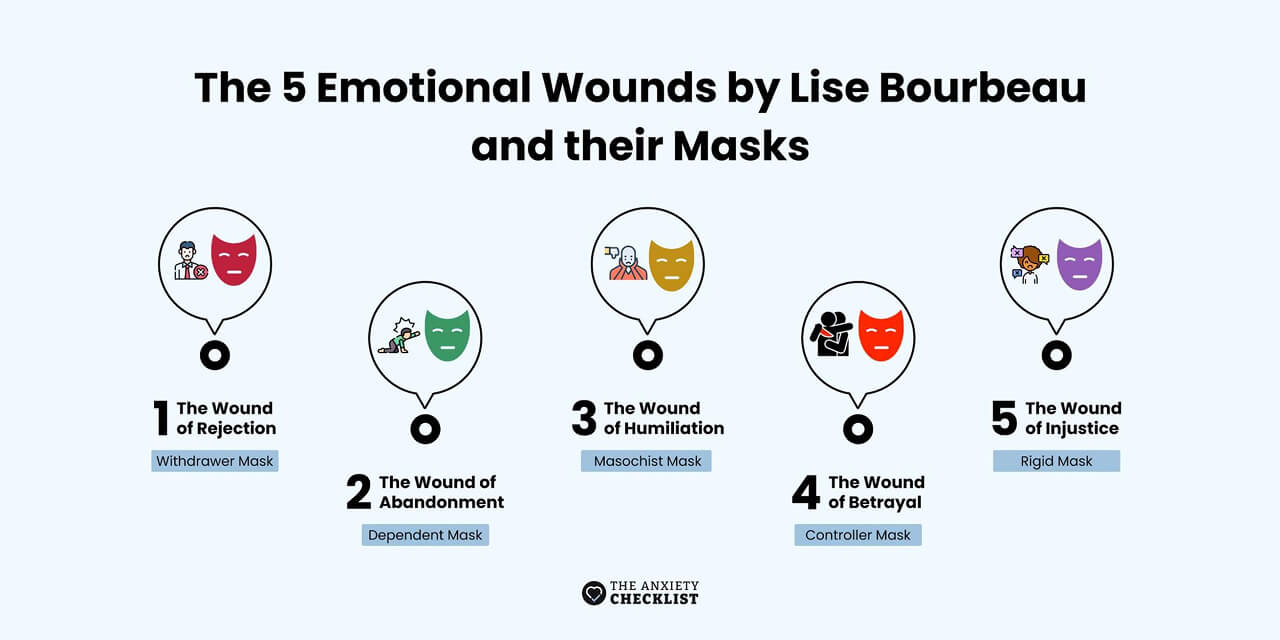
Modern Life Is Just… A Lot
Although anxiety has existed throughout human history, today’s world presents a unique set of challenges that can intensify emotional stress.
Technological advancements, societal expectations, and the fast pace of modern life have introduced new pressures that previous generations didn’t face.
These modern stressors have become some of the most common anxiety causes, especially among younger populations navigating a constantly stimulating environment. Below are four key contributors:
1. Too Many Choices, Too Little Clarity
In theory, having options should be a good thing. But in reality, being faced with an endless array of decisions — about career, relationships, or lifestyle - can become mentally exhausting.
Psychologists refer to this situation as decision fatigue, and it’s one of the common anxiety causes in today’s world.
The more choices you have, the more time and mental energy you spend weighing each one. Instead of feeling satisfied, you begin second-guessing decisions, doubting whether you chose the “right” path.
Rather than creating freedom, this abundance can lead to confusion, regret, and heightened anxiety.
2. Your Brain is on Overdrive
Modern life is full of many distractions. Between texts, emails, work demands, and 24/7 news, your brain is exposed to an overwhelming volume of information daily.
Statistics show that the amount of data created and consumed globally will reach 394 zettabytes by 2028.
This mental overload can leave your nervous system in a near-constant state of alertness. Your brain struggles to shift into “rest mode,” making it difficult to relax, sleep, or concentrate.
Over time, this information overload becomes one of the common anxiety causes, creating chronic stress and burnout.
3. Social Media Pressure
Social media was designed to connect us, but it’s been doing the opposite. The reels, stories, and posts on platforms like TikTok and Instagram can distort reality.
Soon, you find yourself comparing your life with the things you see online, creating feelings of inadequacy.
You may feel pressure to present a perfect version of yourself online, even if you’re struggling offline. This can trigger anxiety, especially when self-worth becomes tied to likes, comments, or followers.
This disconnect between the real and unreal is now recognized as one of the common anxiety causes for the tech-savvy generation.
4. Analysis Paralysis
The modern drive for certainty and perfection leads to obsessive overthinking.
You spend a lot of time trying to identify the safest path before taking action, which delays decision-making.
This approach keeps you trapped in a cycle of analysis and zero action, increasing anxiety over time.
The longer you stay indecisive, the more anxious you feel. And the more anxious you feel, the harder it becomes to act.
Overthinking delays action and triggers physical symptoms like headache, insomnia, and fatigue, all of which are common anxiety causes.
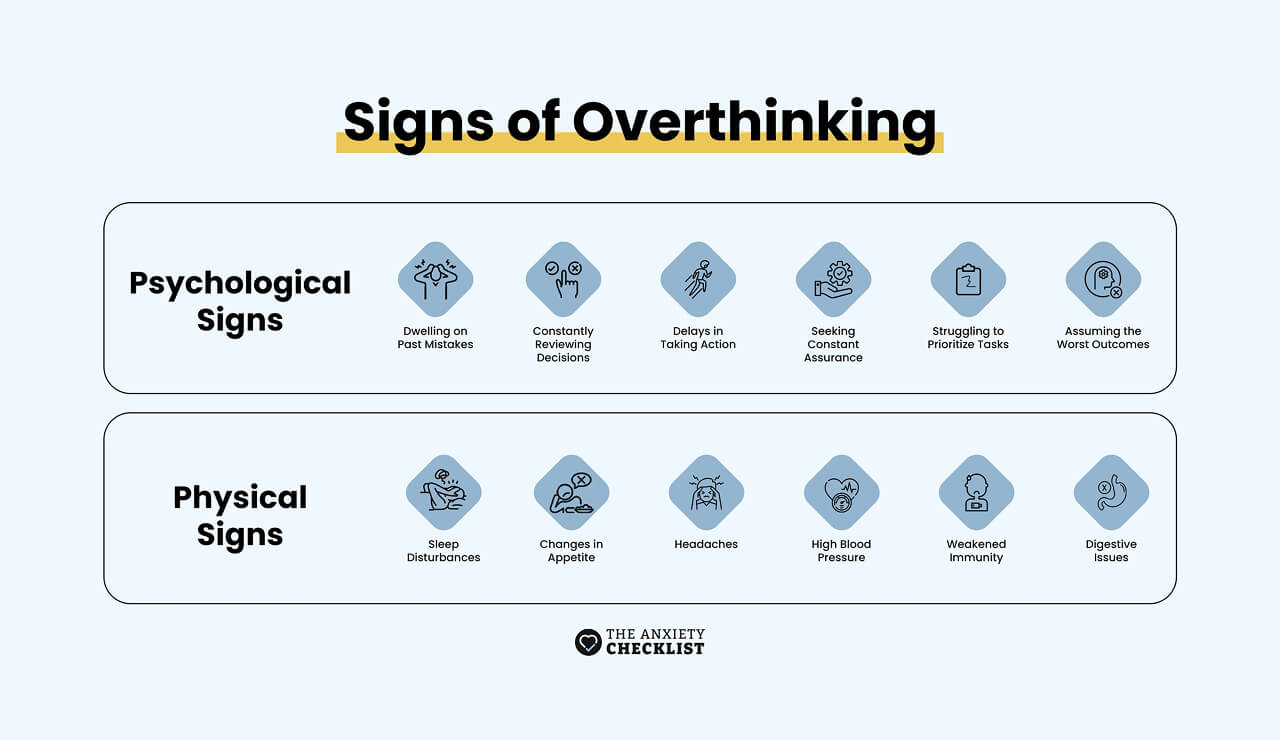
Frequently Asked Questions
Anxiety stems from biological, physiological, and environmental factors. However, the common anxiety causes include:
Final Words
Previous Article
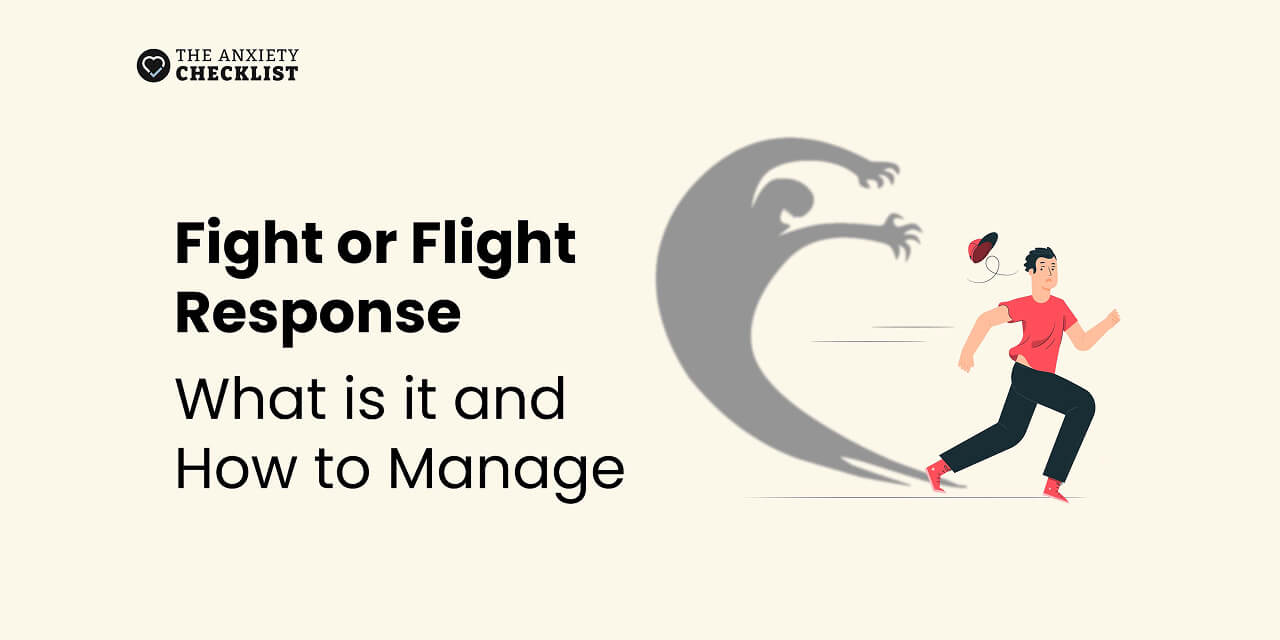
Fight or Flight Response: What It Is and How to Manage
If you are in a crisis or any other person may be in danger - don't use this site. These resources can provide you with immediate help.



